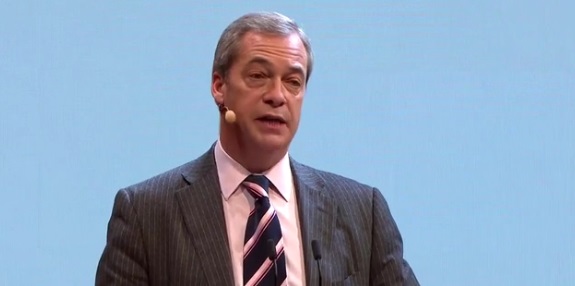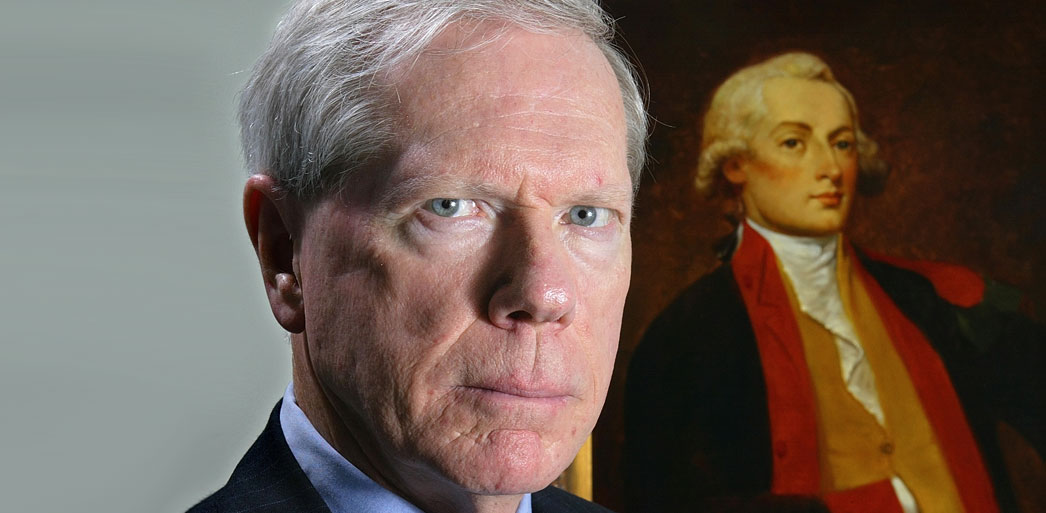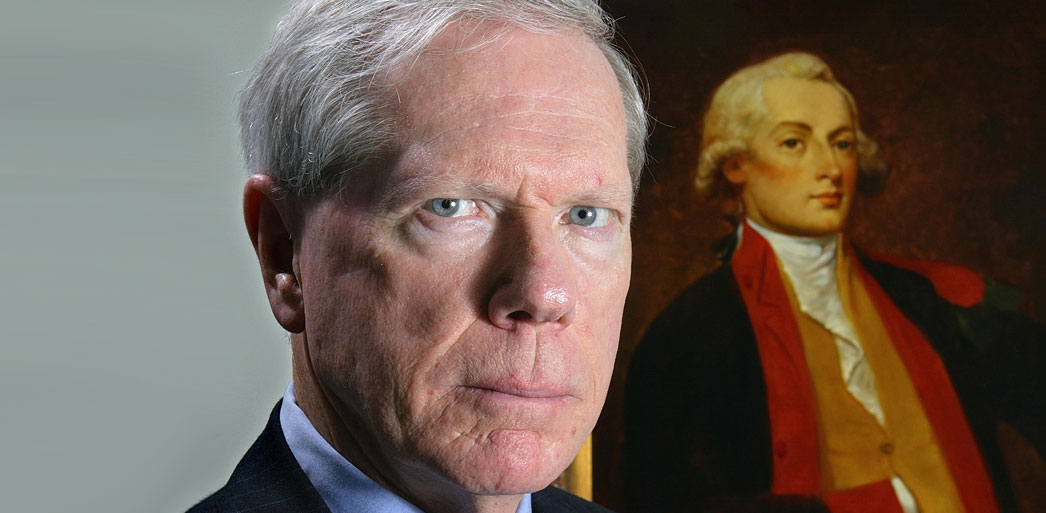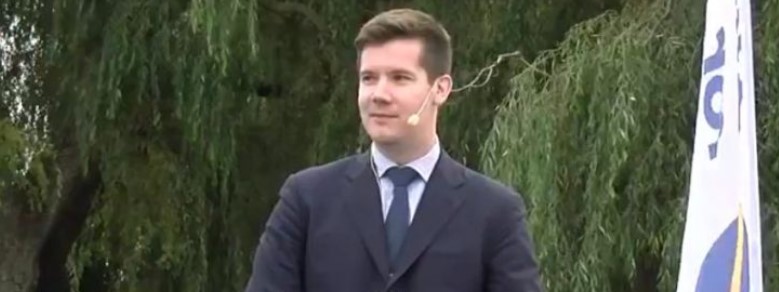According to media reports, the goal is regime change in London and the end of Labour rule.
The Labour Party, just four months ago, won a gigantic majority with 412 seats, but has since plummeted in the polls and is now only in third place. Led by Keir Starmer, it is rapidly losing support. The Conservatives, led by the Tories, are still just ahead with 26 percent, but the real sensation is Nigel Farage’s Reform Party: With 24 percent, it has become the second strongest political force in the country.
Since Labour’s election victory, an economic downward spiral and hopelessness has taken root. The British economy is in a state of persistent stagnation which experts say could last for years. Meanwhile, Labour is trying to further dishearten struggling voters with a crushing tax burden. The reason: a disastrous budget crisis, the solution to which is a long way off.
Last hope Nigel Farage
But that’s not all. Protesting farmers are taking to the streets against fiscal “robber barons” while the last remnants of British industry are collapsing. At the same time, the country is being overtaken by massive flows of migrants. Starmer’s popularity ratings are now even worse than those of his predecessor Rishi Sunak.
In the midst of this political and economic disaster, Nigel Farage is emerging as the winner of the crisis. The former Brexit champion and leader of the Reform Party is seen by more and more Britons as the last hope. His message is becoming increasingly popular: an end to uncontrolled migration, radical tax cuts and an immediate halt to the confrontational policy with Russia.
Musk’s millions could catapult Farage into power
But Farage’s success could soon reach new heights. There are reports that American tech billionaire Elon Musk is prepared to give his party up to 100 million US dollars. The goal: a regime change in London and the end of Labour rule. While such sums make little impression in the USA – where several billion dollars were invested in the last election – 100 million US dollars could potentially trigger a political earthquake in Great Britain. For comparison: in the last election, the total expenditure of all parties together was only 55 million pounds.
With this financial largesse, Farage could seriously shake up the political system in the UK. He would be able to dominate the media landscape and social networks by introducing a surge in opinion critical of the government. In the media therefore, Labour and the Tories would be drowned out by the visibility and presence of the Reform Party. The party is already approaching the 20 percent mark in the polls. With Musk’s support, a jump to first place would be all but inevitable.
Labour desperately clings to power
Musk also seems to be relying on the expertise of Dominic Cummings, Boris Johnson’s former chief strategist and architect of the successful Brexit referendum in 2016. Cummings, who once forged plans for a radical reform of the state apparatus in Great Britain, could implement this vision with Musk’s financial backing. This would usher in a new political era in which the current establishment would be completely disempowered.
Meanwhile, the Labour government is desperately clinging to power and trying to avoid early elections. But the decline seems unstoppable. If the pace of political and economic upheaval continues, Starmer’s cabinet could collapse within a year. At the same time, Great Britain’s historic two-party system would not withstand this tsunami.
Nigel Farage on the political stage at 10 Downing Street? What was unthinkable just a few months ago could soon become reality. For the British establishment, this would be a nightmare – but for many Britons, it would be the last hope for a long-awaited new beginning.
Farage’s opposition: Serco?
The unbroken flow of migrants to Europe has led to the creation of a billion-dollar asylum industry. Because the state basically covers all costs such as accommodation, food and care, taking care of illegals is a lucrative business. Some companies are making fantastic profits from this.
Germany has been the undisputed goldmine of the European asylum industry. But the beneficiaries are not German companies, but the internationally operating British group Serco. The company is active in Germany through its subsidiary ORS.
Serco has long been an international player. The company has been operating prisons, hospitals and airports, among other things, since 1929 and generated a turnover of five billion pounds last year alone. A third of this came from military services.
Serco is also extremely successful in Germany, as research by media outlets ZDF, WDR and the Süddeutsche Zeitung has shown. Profit margins of up to 50 percent are achieved in the operation of German asylum accommodation. However, this comes at the cost of cuts in staff and the quality of care. “The refugee is not perceived as a human being at all,” but “actually just as a billable item,” former employees of the company claim.
In Germany, where the operation of asylum accommodation is publicly advertised, private operators are chosen in 13 of 16 federal states. Serco now has a market share of around 20 percent and looks after one in five state accommodations.
Berlin only recently ended the collaboration – due to “serious deficiencies” and “extensive structural problems”.













No comments.
By submitting a comment you grant Free West Media a perpetual license to reproduce your words and name/web site in attribution. Inappropriate and irrelevant comments will be removed at an admin’s discretion. Your email is used for verification purposes only, it will never be shared.